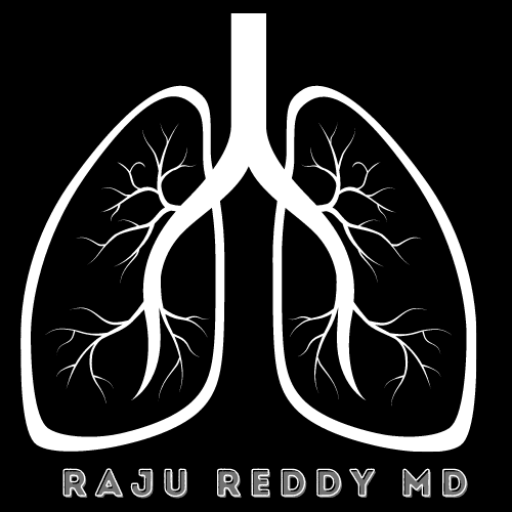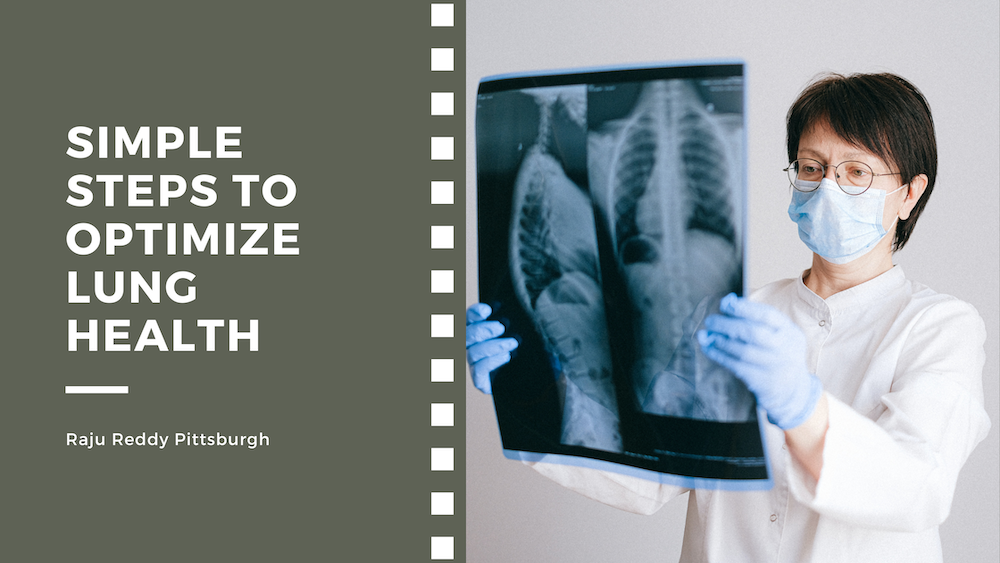Our lungs are vital organs that play a crucial role in supplying oxygen to our bodies while expelling harmful carbon dioxide. However, our lung health can be compromised due to pollution, smoking, and infections. The good news is that there are simple steps we can take to optimize our lung health and improve our overall well-being. This blog will explore some of these steps to help you breathe easier and live a healthier life.
- Quit smoking: Smoking damages the lungs and the risk increases for things like lung cancer, chronic obstructive pulmonary disease (COPD), and other respiratory conditions. Seek support from friends, family, or healthcare professionals to quit smoking successfully. With every smoke-free day, your lungs will start to repair themselves, improving overall lung function.
- Exercise regularly: Engaging in regular exercise not only benefits your cardiovascular system but also helps improve lung health. Physical activity strengthens the muscles used for breathing and increases lung capacity. Aim for at least 30 minutes of exercise, such as brisk walking, swimming, or cycling, on most days of the week. Over time, you’ll notice improved lung efficiency and increased stamina.
- Practice deep breathing exercises: Deep breathing exercises can enhance lung capacity, improve oxygen flow, and promote relaxation. One effective technique is diaphragmatic breathing. Sit or lie comfortably; place one hand on your abdomen and the other on your chest. Take a slow, deep breath through your nose, allowing your abdomen to rise while keeping your chest relatively still. Exhale slowly through your mouth, feeling your abdomen fall. Repeat this exercise for a few minutes daily to strengthen your respiratory muscles and promote optimal lung function.
- Maintain a healthy diet: Antioxidant-rich foods, such as berries, citrus fruits, spinach, and broccoli, can help reduce inflammation and stress in the lungs. Omega-3 fatty acids in fish, flaxseeds, and walnuts are anti-inflammatory and may benefit lung health.
- Minimize exposure to pollutants: Air pollution, both indoor and outdoor, can have detrimental effects on lung health. Minimize exposure to pollutants by keeping indoor spaces well-ventilated, using air purifiers, and avoiding the use of harmful chemicals. When outdoors, check air quality indexes and limit exposure on days when pollution levels are high. Also, avoid secondhand smoke and avoid environments where chemicals and pollutants are prevalent.
Taking care of your lungs is essential for overall well-being and longevity. By implementing these simple steps – quitting smoking, exercising regularly, practicing deep breathing exercises, maintaining a healthy diet, and minimizing exposure to pollutants – you can optimize your lung health and reduce the risk of respiratory problems. Remember, there is always time to start prioritizing your lung health. Take these steps today and breathe more manageable for a healthier tomorrow.

